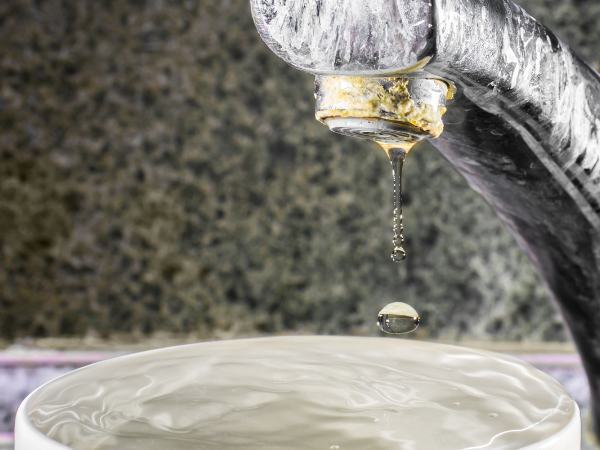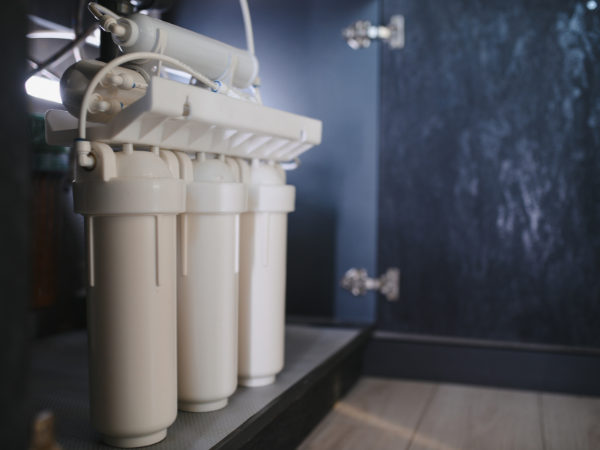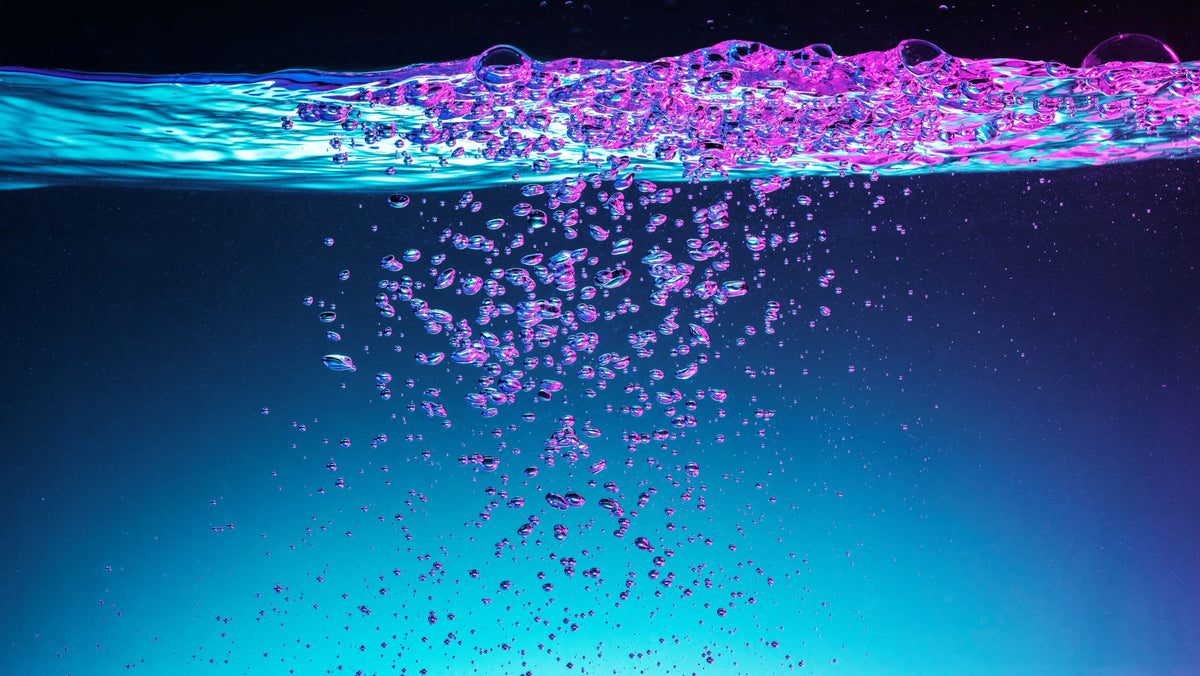Say Goodbye to Harsh Chemicals: Chemical-Free Water Conditioners

The Best Chemical-Free Water Conditioners
Chemical-free water conditioners are becoming increasingly popular for addressing hard water issues without the use of traditional chemicals. These systems typically rely on physical methods to alter the properties of water, such as electromagnetic fields or catalytic converters, rather than introducing chemical additives as traditional water softeners do.
One common type of chemical-free water conditioner utilizes electromagnetic fields to change the structure of minerals in the water, preventing them from adhering to surfaces and forming scale. These systems often involve wrapping coils around water pipes and passing an electrical current through them, creating a magnetic field that alters the behavior of minerals like calcium and magnesium.
Another approach involves catalytic converters, which use special materials to promote chemical reactions that alter the composition of minerals in the water, making them less likely to form scale. These systems typically don't require any external power source and are relatively low-maintenance compared to traditional water softeners.
While chemical-free water conditioners offer an eco-friendly alternative to traditional water softeners, they may not be as effective in extremely hard water conditions or in situations where water quality issues extend beyond mineral content. It's important to consider factors such as water hardness levels, flow rates, and maintenance requirements when choosing the right water conditioning solution for your needs.
Additionally, chemical-free water conditioners are often preferred by individuals concerned about the environmental impact of using chemical-based water treatment methods. By avoiding the use of salt or other chemicals, these systems can help reduce the discharge of potentially harmful substances into the environment.
One of the advantages of chemical-free water conditioners is that they do not require the periodic addition of salt or other chemicals, which means there is no need to store or handle potentially hazardous materials. This can be particularly beneficial for households with small children or pets, where safety is a primary concern.
Furthermore, chemical-free water conditioners typically have lower operating costs over the long term compared to traditional water softeners. While the initial investment may be higher, there are generally fewer ongoing expenses associated with maintenance and replenishing chemical supplies.
However, it's important to note that the effectiveness of chemical-free water conditioners can vary depending on factors such as water hardness levels, flow rates, and the specific technology used. In some cases, these systems may not provide the same level of water softening as traditional water softeners, particularly in areas with extremely hard water.
Before investing in a chemical-free water conditioner, it's a good idea to have your water tested to determine its hardness and any other potential water quality issues. This will help ensure that you select a system that is capable of addressing your specific needs effectively. Additionally, be sure to research different brands and technologies to find the option that best fits your requirements and budget.




